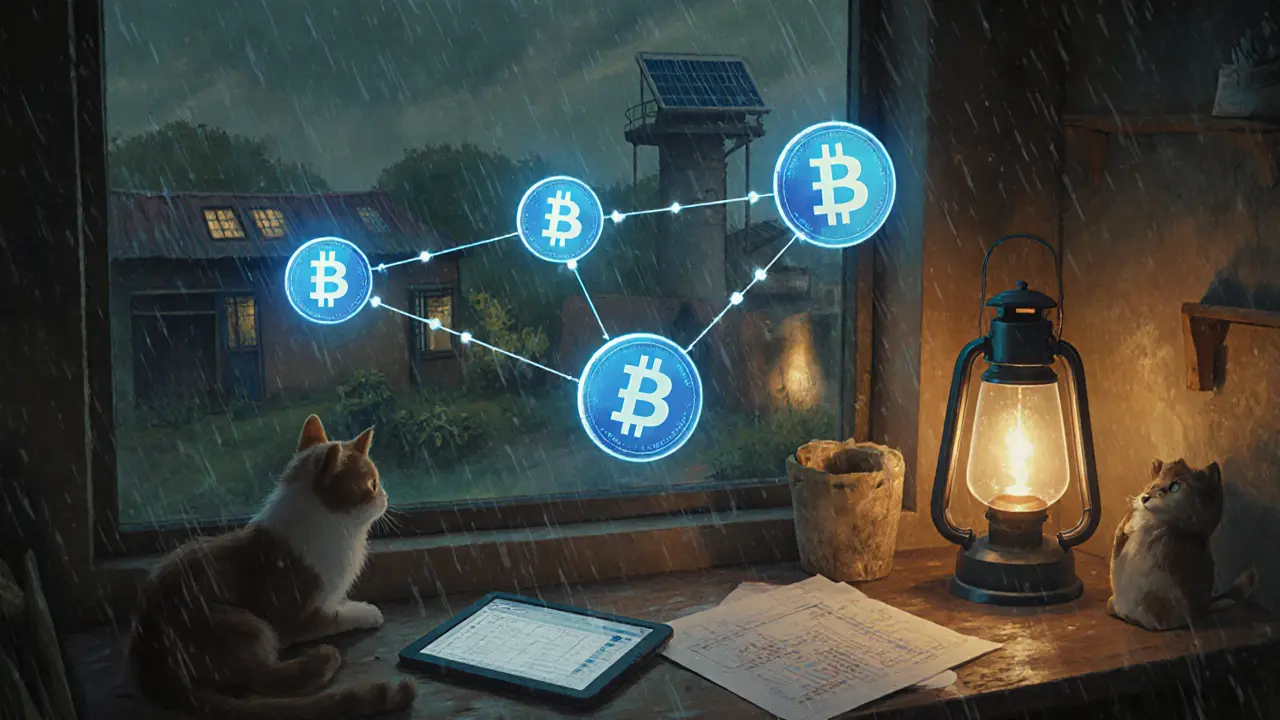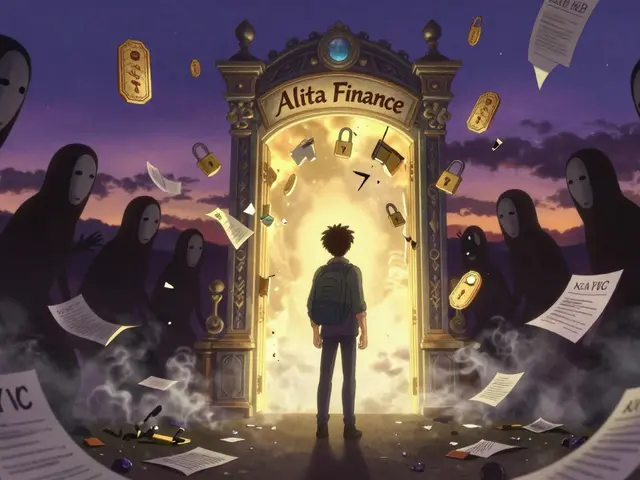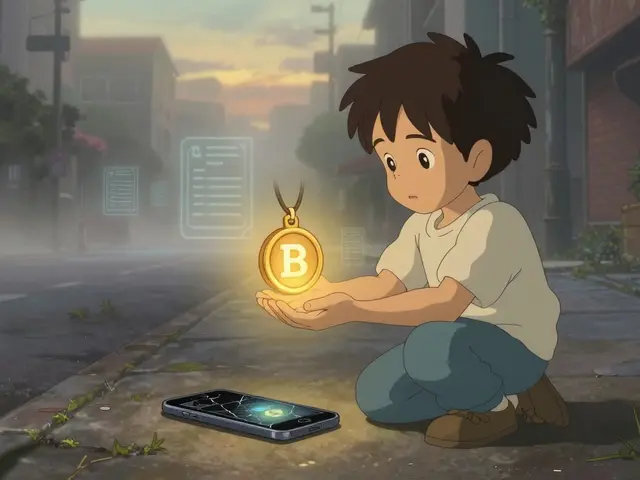Smart Contract Licensing: What It Is and Why It Matters for Crypto Projects
When you hear smart contract licensing, the legal framework that defines who can use, modify, or enforce a blockchain-based agreement, most people think of code. But the real story is about liability, jurisdiction, and who gets held accountable when things go wrong. A smart contract isn’t just self-executing code—it’s a legal instrument waiting to be interpreted by courts, regulators, or insurers. Without clear licensing terms, even the most elegant contract can become a liability trap.
Smart contract licensing relates directly to blockchain legal compliance, the process of ensuring decentralized applications meet financial, consumer, and data protection laws. Projects like DeFi platforms, tokenized assets, or DAOs often skip this step because they assume decentralization makes them immune to regulation. It doesn’t. The SEC, FCA, and other agencies have already targeted projects for unlicensed financial activity—even when the code runs on Ethereum. Licensing isn’t about permission; it’s about clarity. Who owns the contract? Who can update it? What happens if a user loses money due to a bug? These aren’t theoretical questions—they’re lawsuits waiting to happen.
It also connects to crypto regulation, the growing patchwork of national laws that classify digital assets, exchanges, and automated protocols under existing financial frameworks. In the U.S., if your smart contract acts like a security, you need a license. In the EU, you must comply with MiCA. In Nigeria, crypto exchanges must register with the SEC. The code doesn’t care about borders, but the law does. That’s why projects like CAKEBANK or Ankerswap fail—they don’t just lack users, they lack legal grounding. Even if the token price drops to zero, the legal exposure remains.
And here’s the hard truth: most smart contracts today are unlicensed. They’re deployed by anonymous teams with no terms of service, no dispute resolution, and no insurance. That’s fine if you’re just experimenting. But if you’re building something people rely on—whether it’s a lending protocol, an airdrop, or a carbon credit system—you’re already in the financial services space. The smart contract licensing you ignore today becomes the lawsuit you pay for tomorrow.
Below, you’ll find real examples of what happens when projects skip this step—from failed airdrops with no legal backing to exchanges shut down for operating without licenses. These aren’t hypothetical risks. They’re documented failures. And the lessons are clear: if your project touches money, it needs more than code. It needs a license.
Blockchain IP Marketplaces: How Creators Are Selling Patents and Art on Decentralized Platforms
Blockchain IP marketplaces let creators sell patents, music, and art directly using smart contracts and immutable ledgers. No middlemen, no delays - just secure, global transactions.





